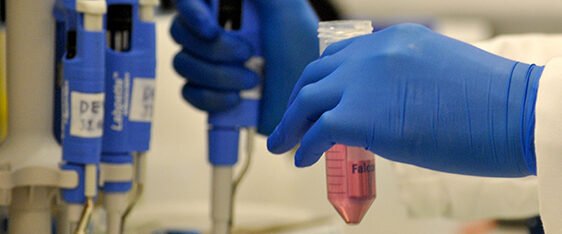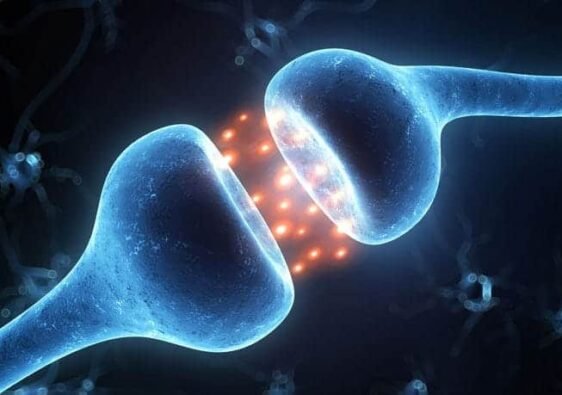
From May 27th to May 31st, 2024, I had the incredible opportunity to participate in a training program at the CSIR-Institute of Himalayan Bioresource Technology (IHBT) in Palampur. This training was part of the Jigyasa program, an initiative aimed at fostering scientific curiosity and skills among students. My training took place in the renowned Zinta Singh Plant Molecular Biology Lab under the expert guidance of Dr. Gaurav Zinta
Dr. Gaurav Zinta, a distinguished scientist in the field of plant molecular biology, leads the Zinta Singh Plant Molecular Biology Lab, alongside Dr. Rajesh Singh at CSIR-IHBT. Dr Zinta’s research focuses on understanding the molecular mechanisms underlying plant responses to environmental stresses. This research is crucial for developing strategies to enhance crop resilience and productivity, especially in the context of climate change.
During my week-long training at the lab, I was paired with my mentor, Vidhi Raturi, who introduced me to various molecular biology tools and techniques. The learnings from the lab were complex; with the help of my mentor’s detailed yet understandable notes and teaching, I was able to gain a deeper understanding of the intricate processes that govern plant biology.

Cloning and transformation are key techniques in molecular biology that allow scientists to study gene function and regulation. I was trained in the basics of these techniques, including how to clone a gene of interest and introduce it into a host organism. This part of the training was particularly exciting, as it provided me with insights into genetic engineering and its applications.

One of the fundamental techniques I learned for cloning was DNA extraction. This process involves isolating DNA from plant tissues, which is the first step in many molecular biology experiments. After extracting the DNA, I used gel electrophoresis to separate and visualize the DNA fragments. This technique is essential for analysing the genetic material and assessing the quality of the extracted DNA. The image on the left shows the bands obtained from the process.
Post the extraction, we used PCR, which is a powerful technique used to amplify specific DNA sequences. It involves repeated cycles of heating and cooling to denature DNA, anneal primers, and extend new DNA strands with the help of a DNA polymerase enzyme. This process results in the exponential multiplication of the target DNA region, making it easier to study. Under the guidance of Dr. Zinta and his team, I learned how to set up and run PCR experiments. This technique is crucial for studying gene expression, identifying genetic mutations, and conducting various types of genetic analysis.
Bacterial streaking is a fundamental microbiological technique used to isolate single colonies of bacteria from a mixed sample. I performed bacterial streaking on agar plates to grow and isolate bacterial colonies. This process involved the spreading of a diluted and concentrated bacterial sample over the surface of an agar plate in a specific pattern after the creation of a master plate. As the bacteria grow, they form individual colonies that can be used for further analysis or experiments. This technique is essential for studying bacterial genetics, antibiotic resistance, and various aspects of microbial physiology.

In addition to hands-on laboratory techniques, I was introduced to bioinformatics tools used for analysing molecular biology data. These tools are essential for interpreting the vast amounts of data generated in molecular biology experiments.
My training at the CSIR-IHBT under the Jigyasa program was a transformative experience. It not only enhanced my technical skills but also deepened my passion for scientific research. Working in Dr. Zinta’s lab exposed me to the real-world applications of molecular biology and the impact of this research on agriculture and environmental sustainability. I am grateful to Dr. Gaurav Zinta and his team for their mentorship and support, as well as to the Jigyasa program for providing me with this incredible opportunity. This experience has inspired me to explore a possible career in molecular biology and biotechnology. I am eager to apply the knowledge and skills I gained during this training to future research projects and contribute to advancements in the field.




wow you are so cool